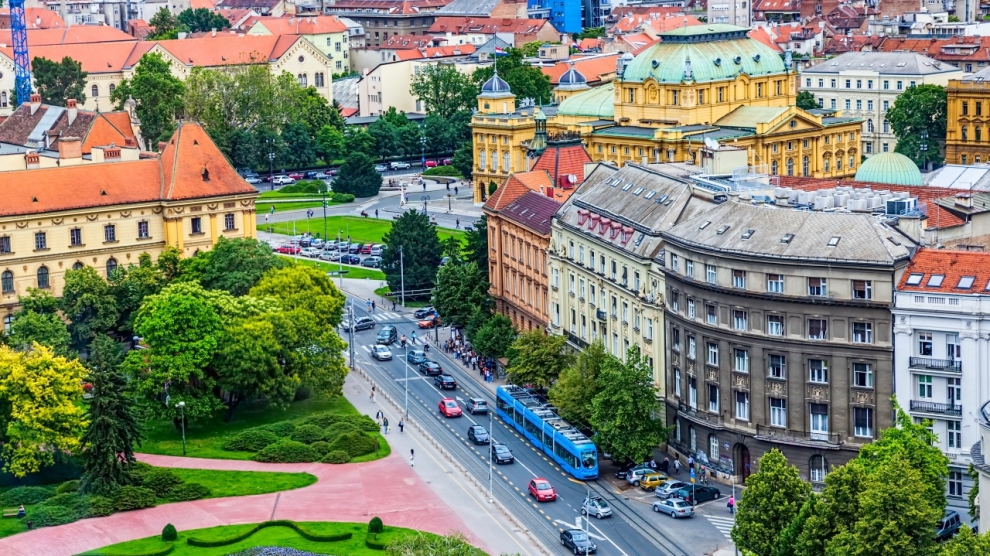Croatia’s potential to increase economic growth and improve living standards has been highlighted at an event marking the 25th anniversary of the partnership between the World Bank Group and Croatia. Prime Minister Andrej Plenković, Minister of Finance Zdravko Marić, and Cyril Muller, World Bank vice president for Europe and Central Asia, highlighted the transformational impact of the partnership on Croatia’s development
The partnership began in 1993, supporting Croatia’s reconstruction and social and economic revitalisation, and expanded to improving economic stability, and supporting Croatia’s preparation for successful European Union accession and membership. Over the course of the partnership, World Bank Group support focused on supporting infrastructure reconstruction, strengthening public institutions, improving the provision of services to citizens, and protecting vulnerable members of society.
“For 25 years, the World Bank has been a partner we could firmly rely on. We conducted many projects together that helped our economic development, strengthened competitiveness and ensured sustainability of our investments, which have amounted to almost five billion euros. The new, five-year Country Partnership Framework will enable the World Bank to accompany and advise us in our reforms and continue to finance projects in Croatia. This is complementary with our efforts to diminishing regional and societal inequalities, improving convergence and catching-up with other EU partners,” said Mr Plenković.
“Today, we are recognizing the impressive development achievements Croatia has made over the last twenty-five years. As a trusted and long-standing partner, we have been privileged to support the country’s success, from post-conflict reconstruction to European Union membership,” added Mr Muller. “We are fully committed to continue our support to Croatia on its path toward an inclusive society where communities, businesses, and regions can prosper for the benefit of all Croatians; where public institutions provide effective and efficient services to people and where Croatia’s rich natural capital is preserved and used in a sustainable manner. A central aspect of our partnership strategy is the continuous investment in people.”
“The Republic of Croatia established its strategic dialogue with the World Bank Group in the first months of its independence. Our partnership has evolved over time and has been strengthened by our joint efforts in restoring economic growth and improving social equality for the benefit of all citizens of Croatia. We are committed to continuing our partnership within the new partnership framework, especially in those areas where the Bank has a comparative advantage. These areas include support in strengthening public institutions and improving the business environment,” highlighted Mr Marić.
Since its first loan in 1994, provided for emergency reconstruction of war-damaged infrastructure, the World Bank and the International Finance Corporation have supported over 80 projects worth 4.8 billion euros and produced over 300 studies and technical assistance to help strengthen institutions and support policy making. The bank’s current engagement focuses on transport, health, innovation, business environment, land administration, agriculture, economic development of the Slavonia regions and support for the preparation of the National Development Strategy.

